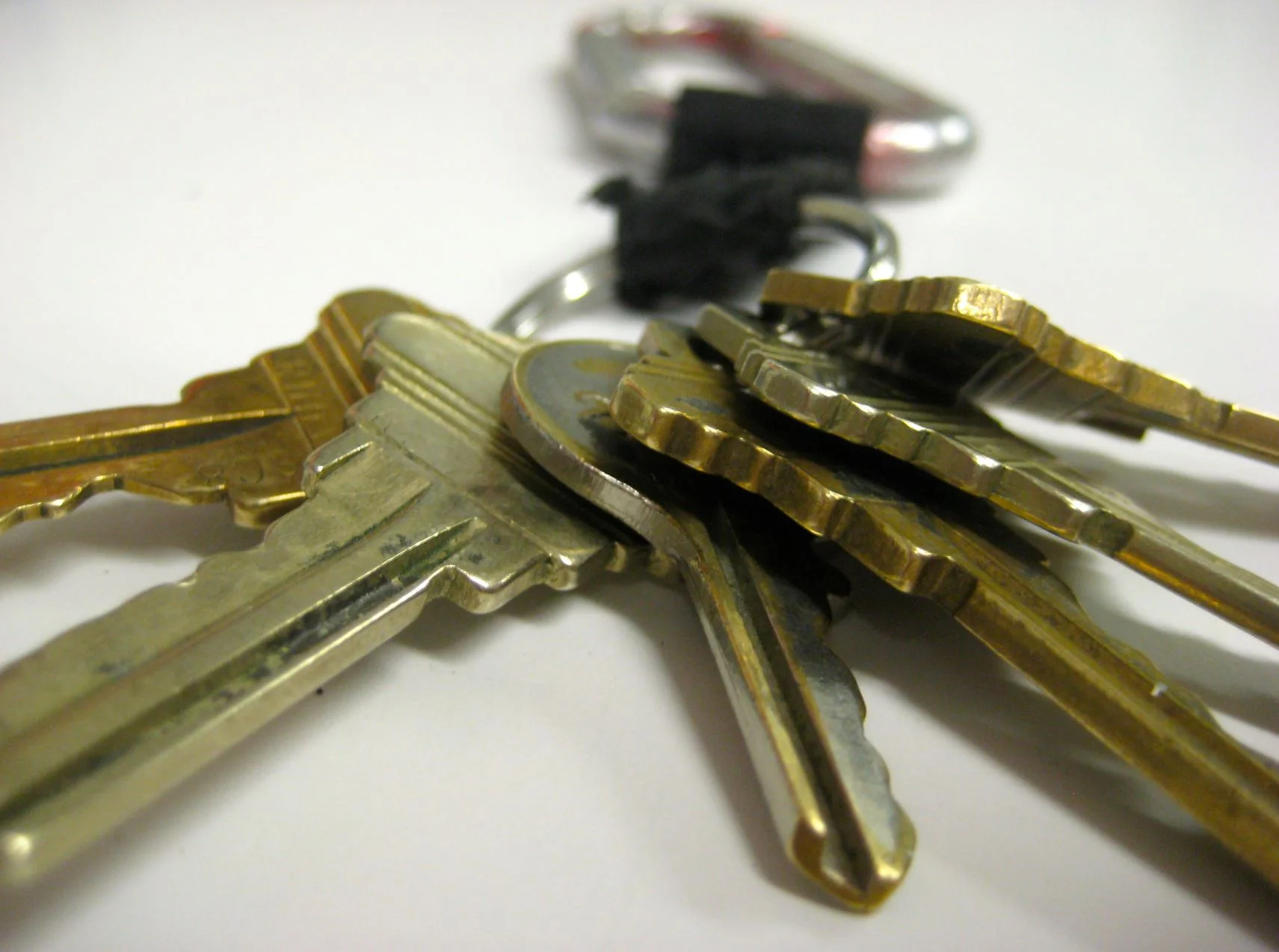There are three key sections of our ear – the outer ear, the middle ear and the inner ear. Your question relates to the middle ear and the area around the ear drum.
Spending time alone in nature is good for your mental and emotional health
Today Americans live in a world that thrives on being busy, productive and over scheduled. Further, they have developed the technological means to be constantly connected to others and to vast options for information and entertainment through social media. For many, smartphones demand their attention day and night with constant notifications.
Does eating at night make you fat?
Waste time looking for your keys? Try this attention trick
Health Check: three reasons why sleep is important for your health
Millions of People Need New Corneas. Now We Can 3D Print Them
Explainer: how much sleep do we need?
Why do humans have such large brains? Our study suggests ecology was the driving force
Most animals have brains in proportion to their body size – species with larger bodies often have larger brains. But the human brain is almost six times bigger than expected for our bodies. This is puzzling, as the brain is very costly – burning 20% of the body’s energy while accounting for only 4% of its mass.
Your spouse’s BMI may predict your diabetes risk
Health Check: why do we yawn and why is it contagious?
Debunking the 6 biggest myths about ‘technology addiction’
How concerned should people be about the psychological effects of screen time? Balancing technology use with other aspects of daily life seems reasonable, but there is a lot of conflicting advice about where that balance should be. Much of the discussion is framed around fighting “addiction” to technology. But to me, that resembles a moral panic, giving voice to scary claims based on weak data.
Is it rational to trust your gut feelings? A neuroscientist explains
Why we need to figure out a theory of consciousness
Understanding the biology behind consciousness (or self-awareness) is considered by some to be the final frontier of science. And over the last decade, a fledgling community of “consciousness scientists” have gathered some interesting information about the differences between conscious and unconscious brain activity.
Health Check: what should I eat to improve my skin?
Breathing lunar dust could give astronauts bronchitis and even lung cancer
It’s been over forty years since the Apollo Program wrapped up and the last crewed mission to the Moon took place. But in the coming years and decades, multiple space agencies plan to conduct crewed missions to the lunar surface. These includes NASA’s desire to return to the Moon, the ESA’s proposal to create an international Moon village, and the Chinese and Russian plans to send their first astronauts to the Moon.
Five amazing ways redesigning biological cells could help us fight cancer
Want to eat better? You might be able to train yourself to change your tastes
End of ageing and cancer? Scientists unveil structure of the ‘immortality’ enzyme telomerase
Making a drug is like trying to pick a lock at the molecular level. There are two ways in which you can proceed. You can try thousands of different keys at random, hopefully finding one that fits. The pharmaceutical industry does this all the time – sometimes screening hundreds of thousands of compounds to see if they interact with a certain enzyme or protein. But unfortunately it’s not always efficient – there are more drug molecule shapes than seconds have passed since the beginning of the universe.














